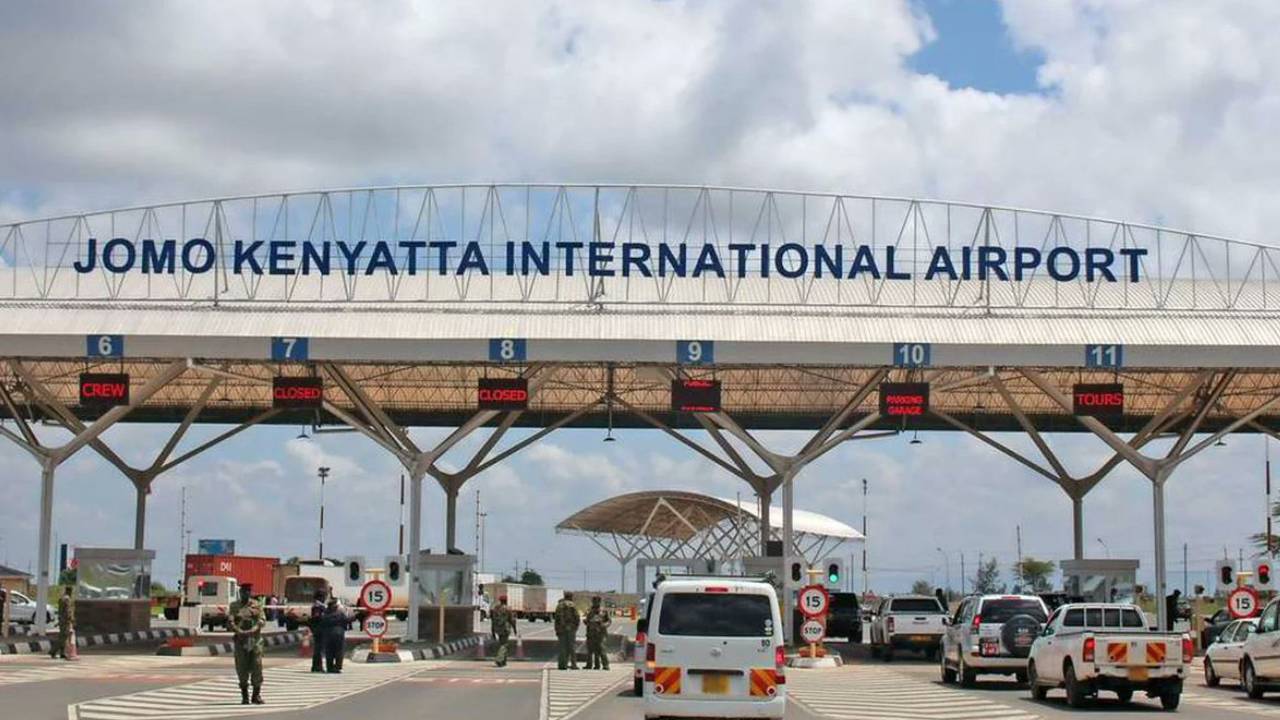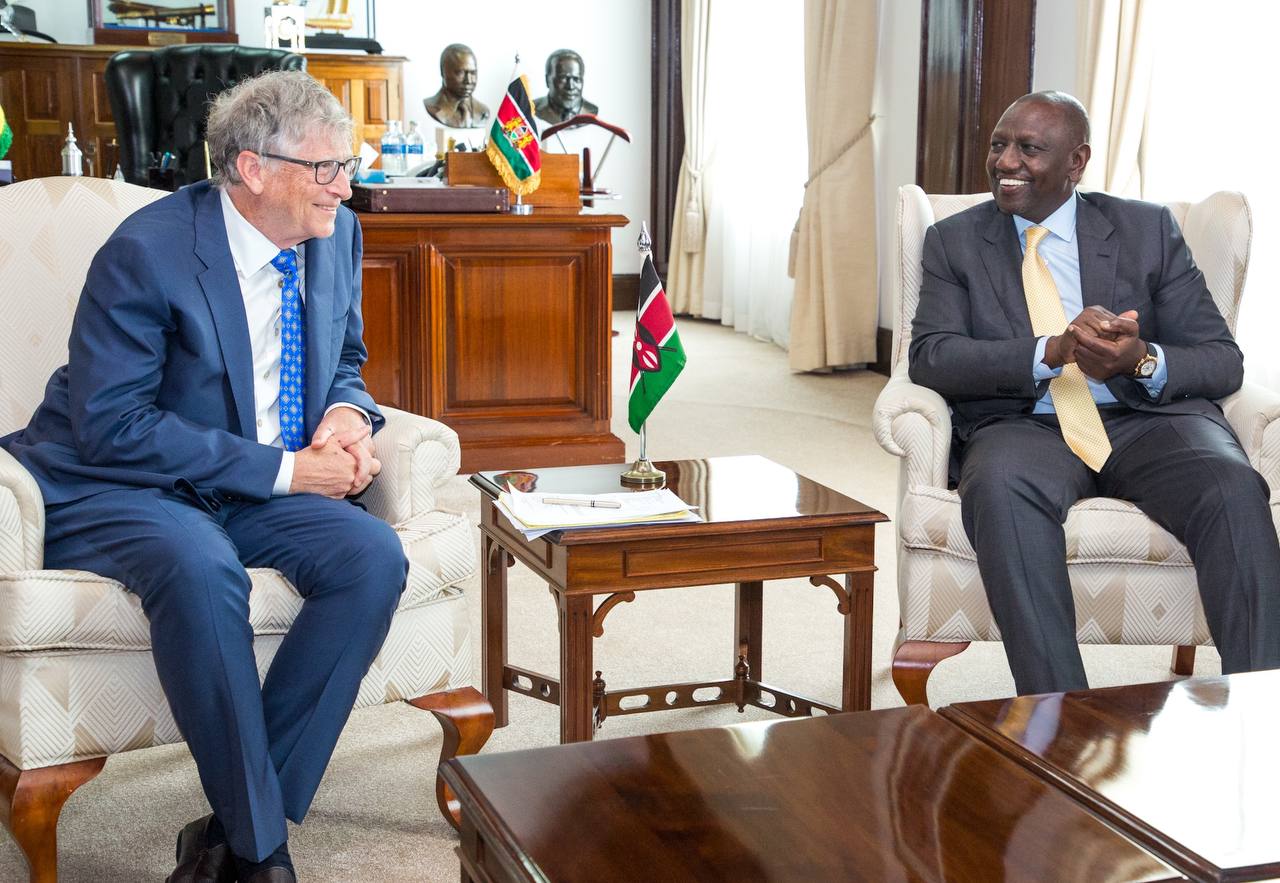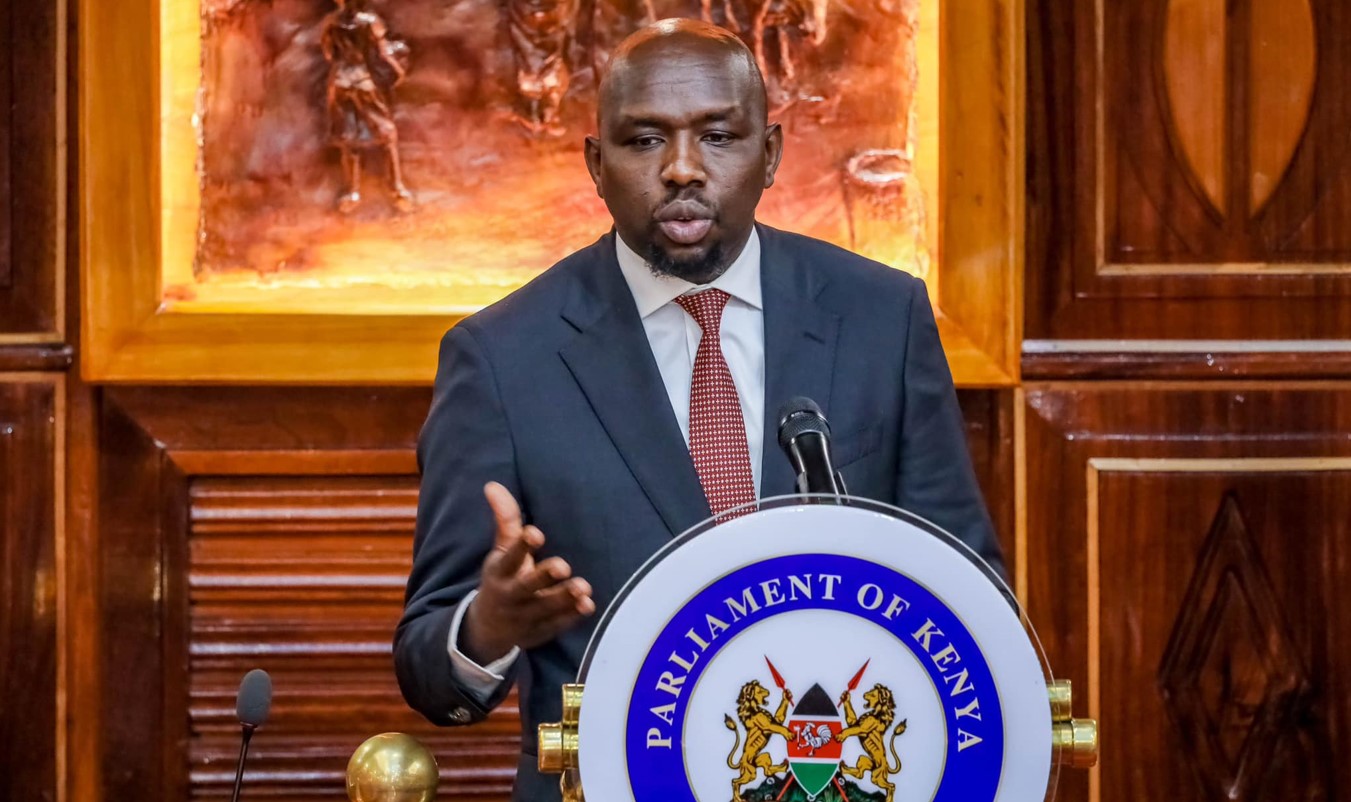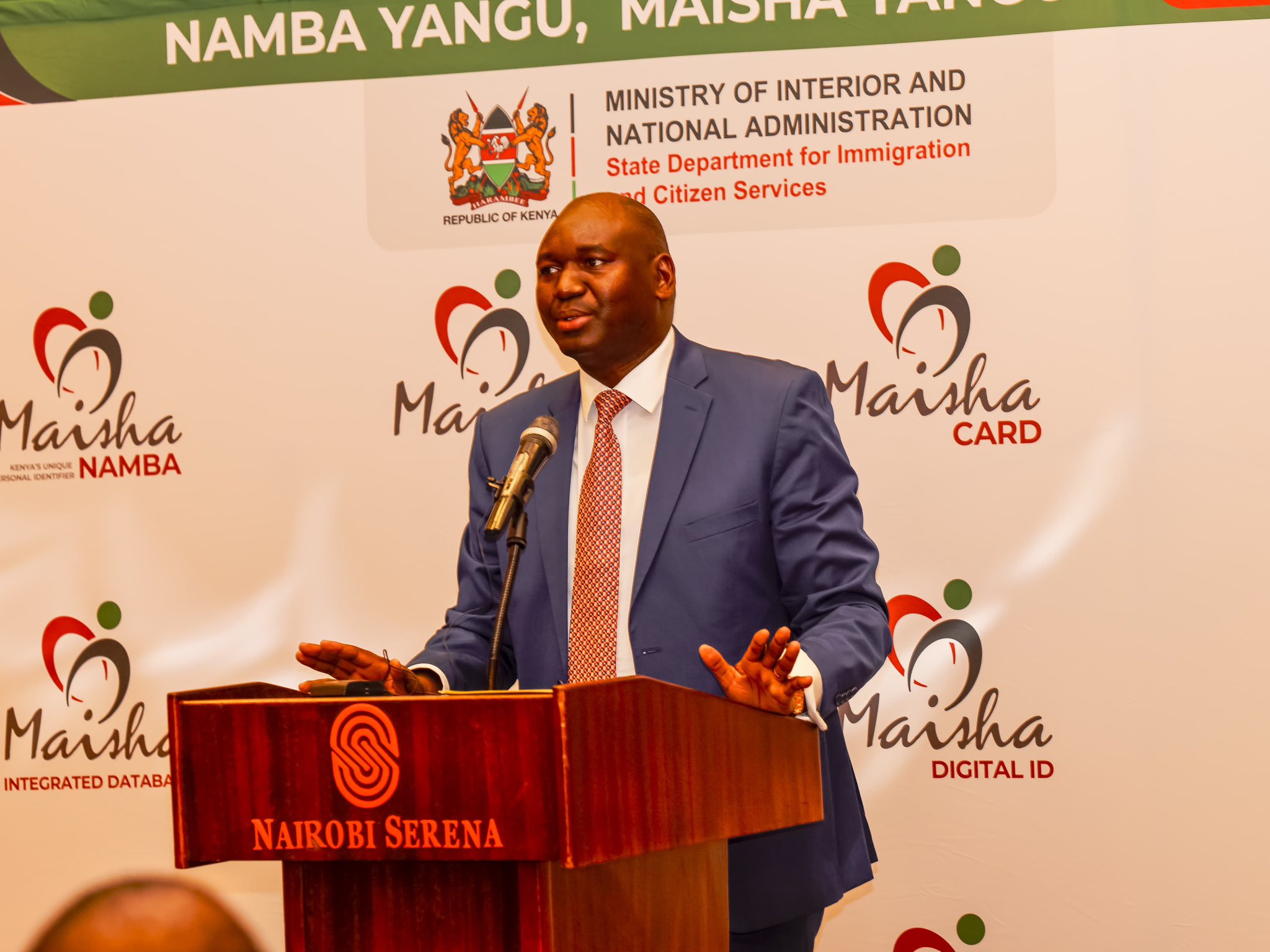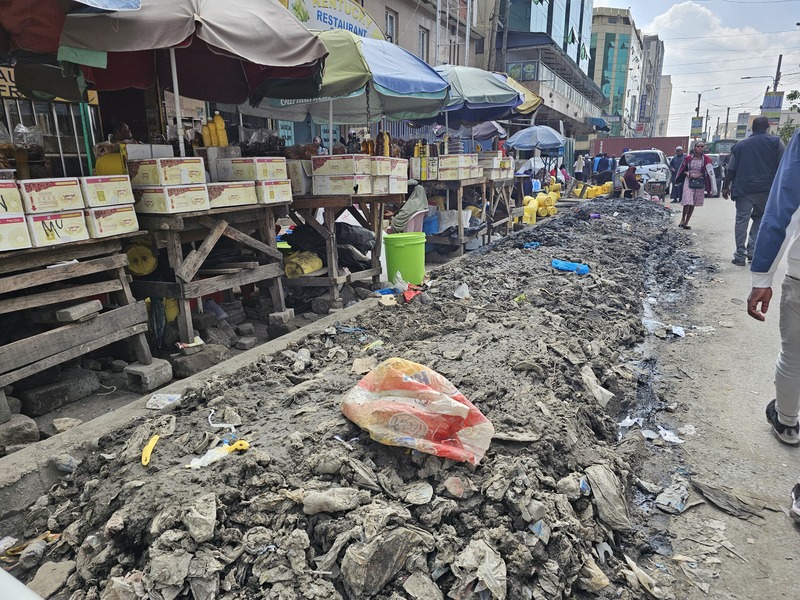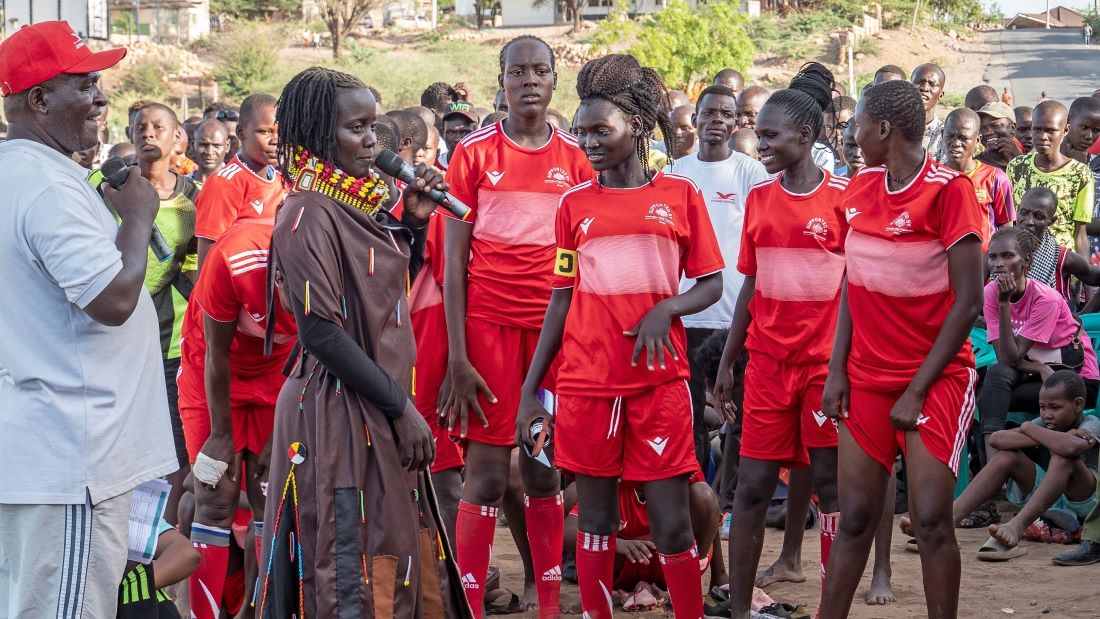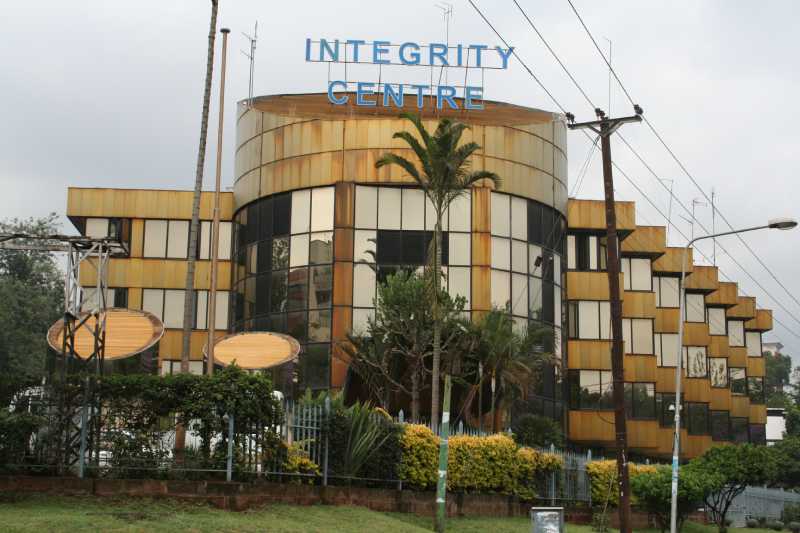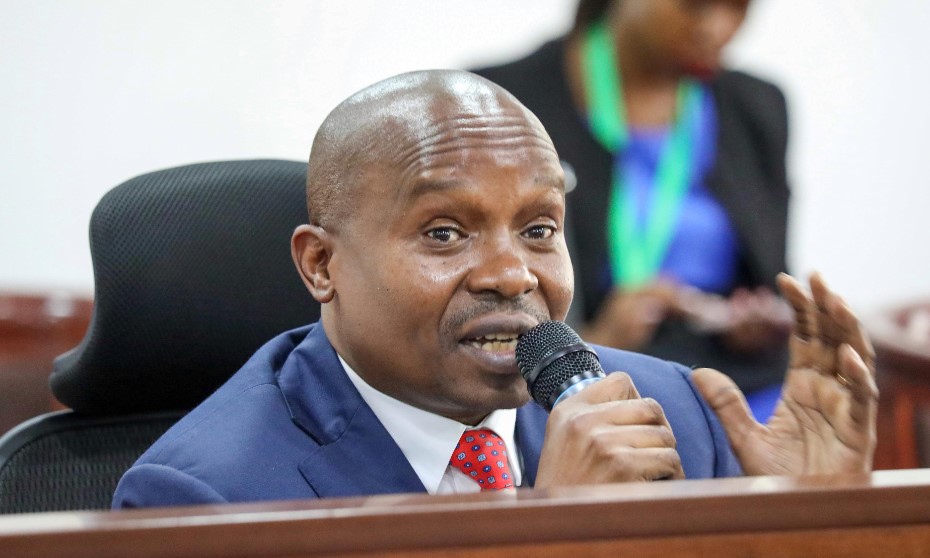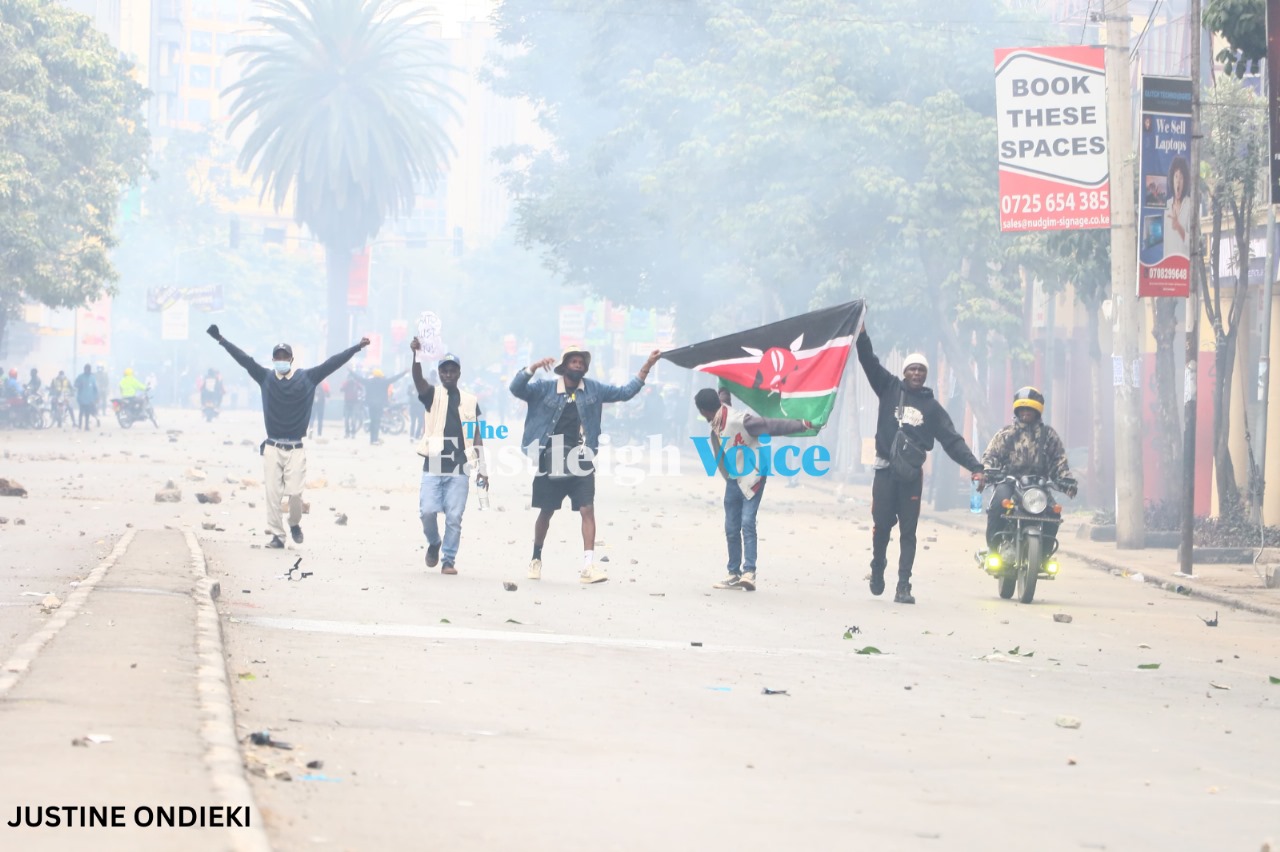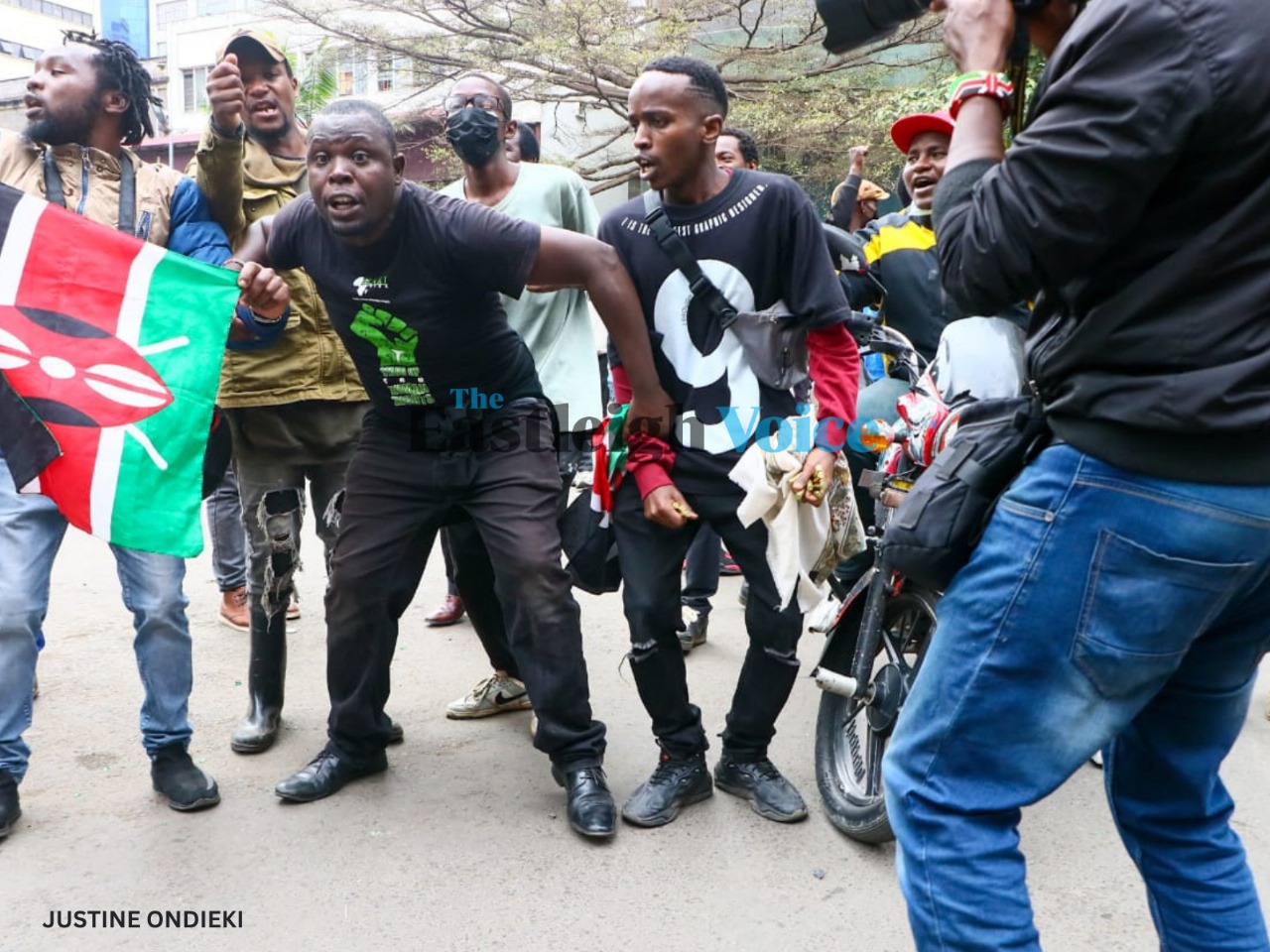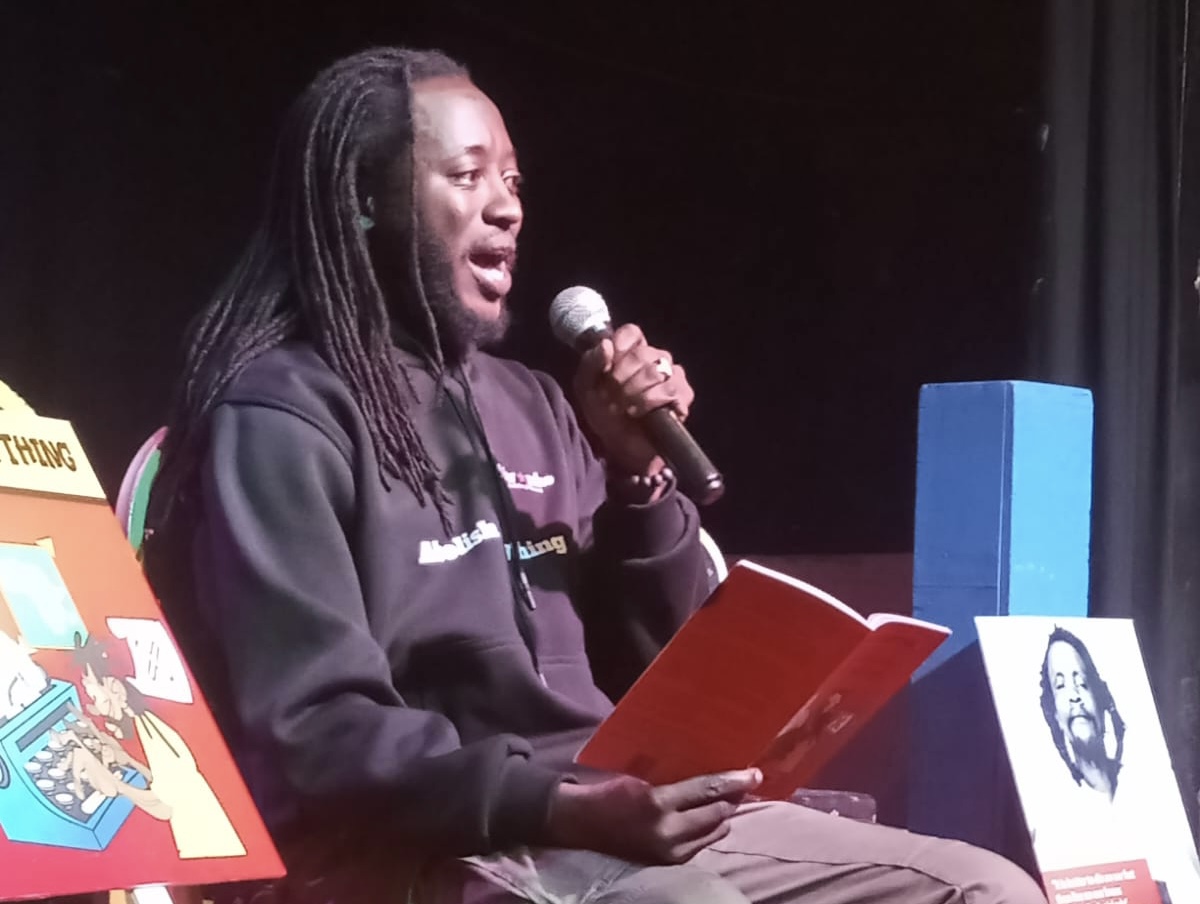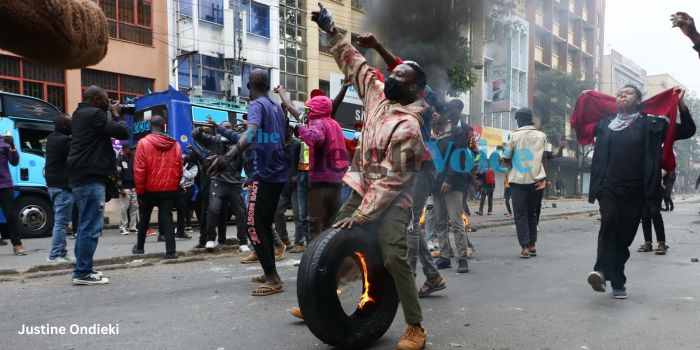Opinion: Gen Z gatherings mark a new dawn for political transformation
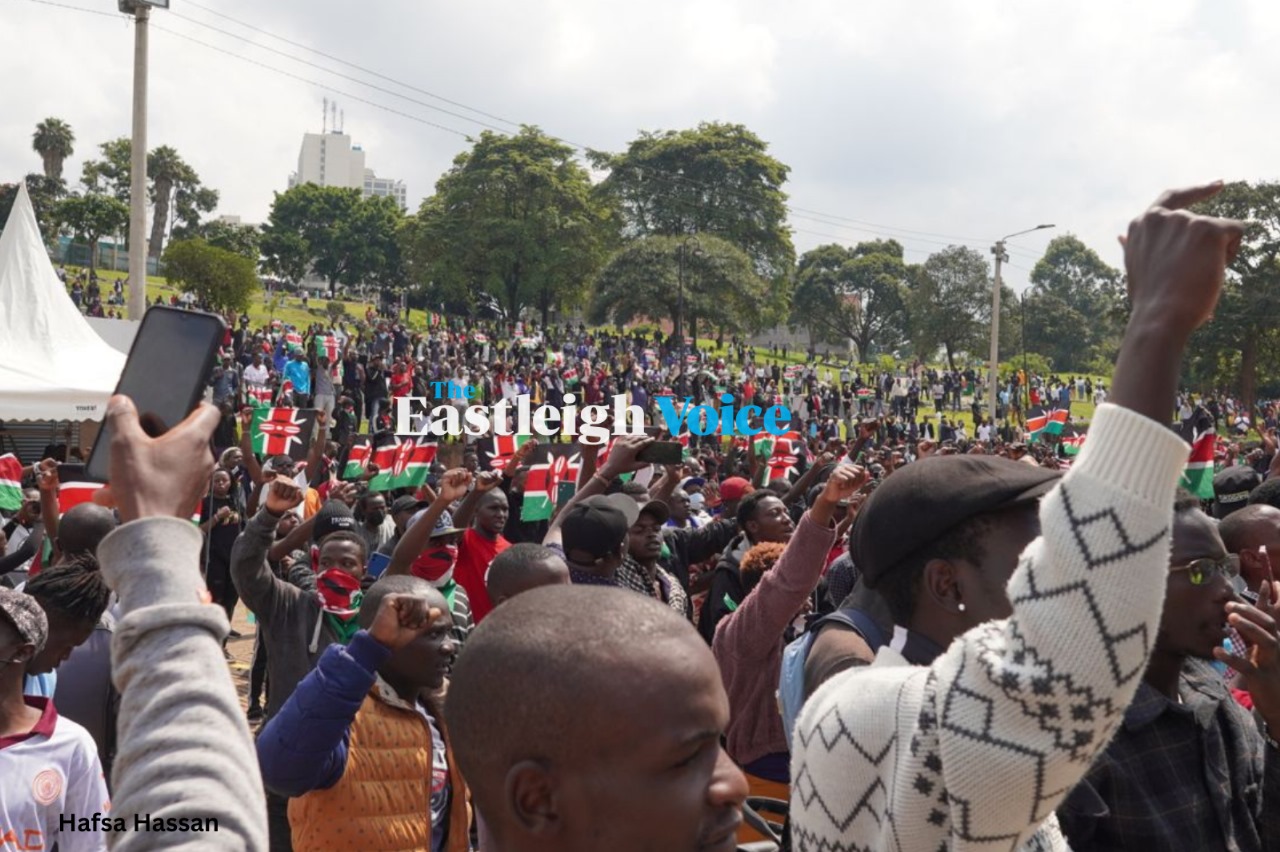
By Mohamed Ahmed |
Today's youth in Kenya are using cultural events and gatherings as catalysts for political transformation. Their participation isn't just symbolic; it's strategic.
Last Sunday, hundreds of young people, the majority of them Gen Z, thronged Nairobi’s Uhuru Park for the Saba Saba Day commemoration as they mourned and celebrated their fallen heroes who died during the anti-Finance Bill protests, in what was dubbed the Shujaaz Memorial Concert.
Saba Saba dates back to a mass demonstration held at Nairobi's Kamkunji Grounds on July 7, 1990, organised by proponents of pluralism in Kenya at a time when the country was under the one-party rule of Kanu under former president Daniel Arap Moi. It was organised by opposition leaders under the Forum for Restoration of Democracy.
Keep reading
- Ruto to Kenyan youths: Don't let anyone convince you to despise your country
- Justice overdue for 2023 anti-govt protest abuses across Kenya
- Senior cops to be held liable for junior officers’ misconduct under proposed law changes
- Kenya's security forces abducted, killed protesters - Human Rights Watch
That was 34 years ago, and the political landscape has changed, with Kenyans having more freedom to express themselves through various platforms, including public protests.
The fact that this day was this year marked differently is what is exciting about how time changes.
Many might dismiss the concert by the youth as just a “fun moment” for the Gen-Z who were out there for content and whatnot, but what we don’t realise is the impact this concert can have.
Over the weekend, as the Shujaaz Memorial Concert went on in Nairobi, I was watching a documentary on Bob Marley’s life and death. The series showed how Marley’s reggae music impacted the politics of Jamaica.
Just like Marley's reggae music influenced the socio-political landscape in Jamaica, these concerts and gatherings are not merely about entertainment; they are about mobilisation, awareness, and advocacy.
They serve as platforms where voices are amplified, issues are highlighted, and collective action is catalysed.
The parallels between Bob Marley's influence on Jamaica and the current youth movements in Kenya are striking. Marley's music transcended entertainment; it became a tool for social change, rallying people around causes of justice, equality, and freedom.
Likewise, today's youth in Kenya are using cultural events and gatherings as catalysts for political transformation. Their participation isn't just symbolic; it's strategic.
The significance of events like the Shujaaz concert goes beyond the music and festivities. They signify a generation unwilling to accept the status quo, eager to challenge entrenched systems of power, and determined to carve out a future where their voices are heard and their concerns addressed.
Through these gatherings, young Kenyans are asserting their agency in the political sphere, demanding accountability from leaders, and advocating for policies that reflect their aspirations.
Critics may dismiss these gatherings as mere entertainment or distractions from more traditional forms of political engagement. However, they fail to grasp the power of cultural movements in mobilising the masses, shaping public discourse, and influencing policy agendas.
In an era where social media amplifies voices and grassroots movements gain momentum rapidly, cultural events serve as crucial arenas for dialogue, coalition-building, and collective action.
Moreover, the evolution of Saba Saba Day from a day of remembrance to a platform for youth activism underscores the dynamic nature of societal change. As time progresses, so too do the methods and mediums through which political expression and mobilisation occur.
What may seem like a concert to some is, in reality, a manifestation of youth empowerment and a redefinition of political engagement in Kenya.
The Shujaaz concert and similar events are not just about music but about the power of collective action, the resonance of cultural expression, and the transformative potential of youth-led activism.
They are a testament to the evolving role of young people in shaping the future of their nation.
We will live to remember the Saba Saba concert as it represents a pivotal juncture in Kenya's political journey. The musicians who graced the stage deserve commendation for their contribution to the event's success.
Each performer brought a unique energy and message, resonating with the audience and amplifying the spirit of unity and change. Their lyrics spoke directly to the aspirations and challenges faced by Kenya's youth today, encapsulating the spirit of activism and cultural expression.
The writer is a Mombasa-based communication and marketing expert.
Reader comments
Follow Us and Stay Connected!
We'd love for you to join our community and stay updated with our latest stories and updates. Follow us on our social media channels and be part of the conversation!
Let's stay connected and keep the dialogue going!

